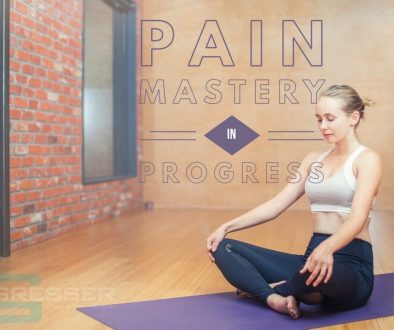COMORBIDITY
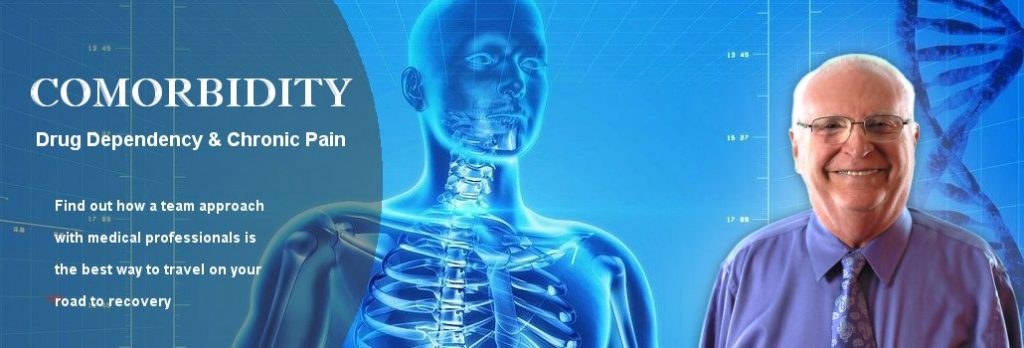
Drug Dependency and Chronic Pain
We are excited to embrace the new definition of addiction by the expertise of the American Society of Addiction Medicine (ASAM):
“Addiction is a treatable, chronic medical disease involving complex interactions among brain circuits, genetics, the environment, and an individual’s life experiences. People with addiction use substances or engage in behaviors that become compulsive and often continue despite harmful consequences.“
Prevention efforts and treatment approaches for addiction are generally as successful as those for other chronic diseases.
A Comorbid State of Affairs
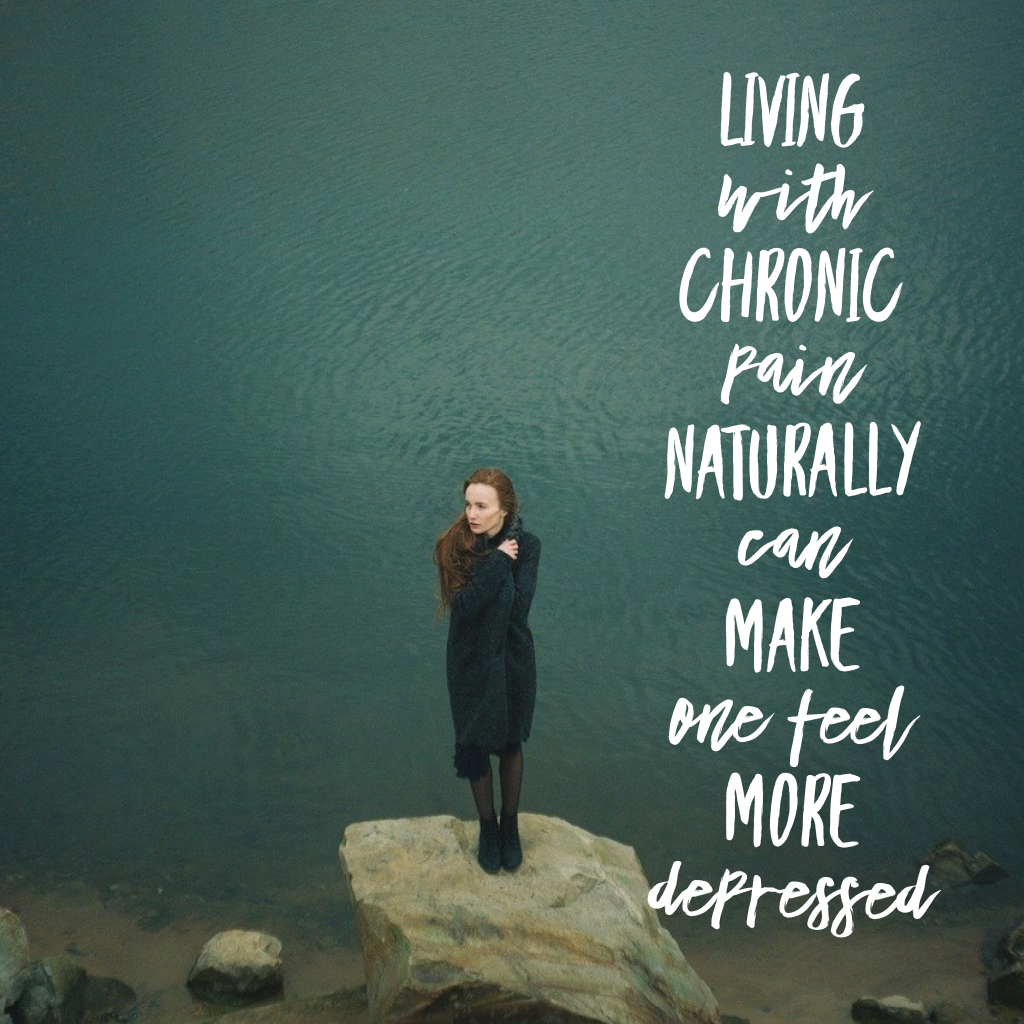
When a person with an opioid use disorder is coupled with the stresses of everyday living and chronic pain from whatever cause, the combination results in what is commonly called a comorbid state of affairs.
This frequently includes psychological states of anxiety and/or depression. Comorbidity can also be considered as a “dual diagnosis” when disorders have a significant mental health problem as well as a physical/medical diagnosis. This is common with all chronic diseases. Comprehensively addressing all of these issues is most important.
Living with chronic pain naturally can make one feel more depressed. Stress is always present, but how we react to it differs. When a problem arises, it eventually may get resolved. But then, it is often replaced with another problem, and life goes on. How we actually handle these circumstances is what is important, so long as it is done in an acceptable fashion.
Patient Centered Team Approach to Recovery
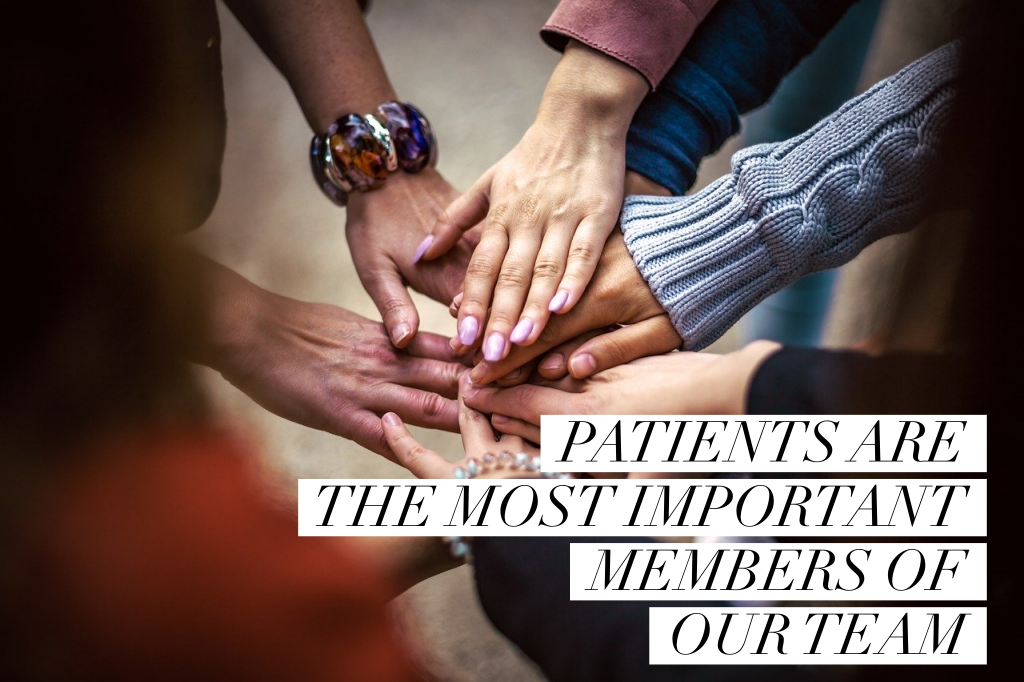
Treatment with just one method such as pharmaceuticals, is not usually the ideal way to handle your needs. A team approach with medical professionals is frequently the best road to travel. When an addiction doctor recommends a psychiatrist, a psychologist, a psychiatric social worker and/or a counselor to address your mental health needs, it is done with the best intentions for your comprehensive overall health.
A patient centered approach, by combining opinions from all health care providers, with your mutual input, is the best way to make the most appropriate choices.
There is also the issue of combining medications, medical cannabis or herbals with drugs such as methadone or buprenorphine (Suboxone or Subutex) that are used to treat opioid addiction. The side effects and/or drug interactions can be life threatening, if they are not provided under the supervision of a physician. Having such an expert on your team is essential when this situation arises.
Even though Suboxone at prescribed therapeutic doses is not officially FDA indicated for pain, many individuals who have pain (other than from their opioid withdrawal symptoms) often can feel a benefit. With more intense pain of a chronic nature, methadone may be a stronger agent. The right course of action will be determined by your individualized response and consultation with your doctor and/or team.
Since chronic pain can be relieved by many types of pharmaceuticals, the underlying cause(s) may also need to be addressed with nonpharmacologic options including physical and occupational therapy, as well as other modalities including natural ones. Pain medicine specialists and complementary health care providers can also be of assistance. Natural energy products such as magnets and infrared have also been known to work well in sensitive patients.
Specialists
Referral for rehabilitation such as to a physiatrist may also be considered. These specialists may each have their expertise in different ways of treating pain that will enhance its relief. Examples are acupuncturists, massage therapists, physical therapists, noninvasive injection therapists, interventional therapists, chiropractors, nutritionists, and herbalists.
Some chronic pain management groups have anesthesiologists or physiatrists that use more invasive technics such as epidural or facet blocks, insertion of spinal cord stimulators, and injections of tendons and joints with a variety of medications (not just steroids), which can give dramatic relief.
Best Providers, Best Choices
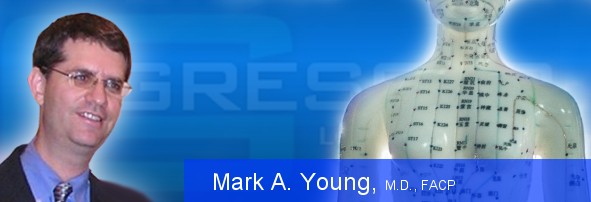
Another physiatry practice that uses safe and healthy modalities that also do not promote opioid use, is Mark Young, M.D., who can be reached at 410-808-9700. In addition to being a world renowned physician, he is a licensed medical acupuncturist, with extensive experience in relieving stress and pain, as well as an adjunct to relieve symptoms of drug dependency and /or detoxification.
Hypnosis and nutritionals or botanicals can also be helpful for detoxification or decreasing opioid use in addition to selective pharmaceuticals. Sometimes other underlying conditions becomes unmasked during this tapering and require other modalities to assist in relieving discomfort.
A combined comprehensive psychosocial approach can also be enhanced with my well known psychotherapist (Gina) to provide an ideal plan on the road to recovery and rehabilitation.
There are numerous other chronic pain management consultants with whom I have had success over many years when I was practicing Family Medicine. Inquiries are encouraged and we will do our best to match personalities, wishes, and physical and mental health needs.


